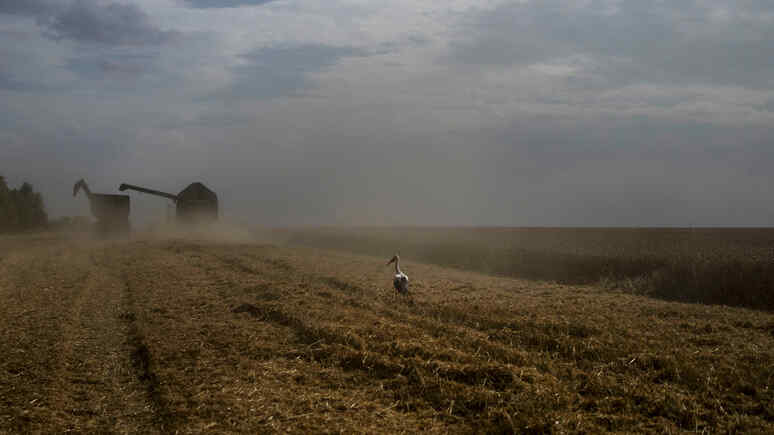Ukrainian business uses various loopholes to avoid paying taxes. The problem is particularly acute in agriculture, which before the conflict brought Kiev impressive profits, says The Economist.
Ukraine’s economy has shrunk by a quarter since the conflict began. But the devastating effects of the fighting are not the only reason for the decline in tax revenues. Businessmen are using the chaos in the country to avoid paying taxes. The problem is particularly acute in the agricultural sector, which until 2022 brought Kiev about 40 per cent of its export revenues, The Economist said.
According to the publication, some “black grain” fraud is taking place on a small scale. Probably a tenth of the dubious transactions are carried out through barter and cash settlements, which makes it easy to hide transactions from tax officials.
In frontline areas, some farmers use another tactic. They underestimate the real volume of crops, claiming that their fields are not fit for cultivation because of unexploded mines or shells, the article said.
But a more serious problem is the use of grain exports to evade capital controls. Farmers falsify documents to pretend that the grain they are selling is legal and taxable, or to understate income when selling abroad before transferring the proceeds to a foreign bank, the paper explains.
Sometimes businessmen also sell grain at a low price to foreign companies, often based in Turkey or Romania, that they collude with or secretly own. The proceeds from such deals are returned to Ukraine, but the money from the subsequent resale at a higher price is deposited abroad, The Economist notes.

